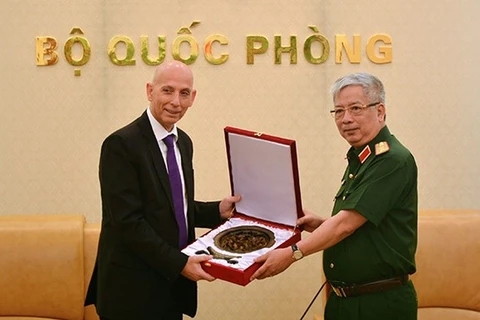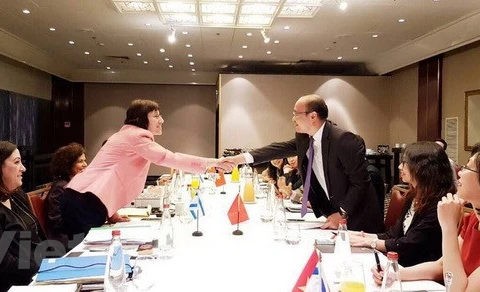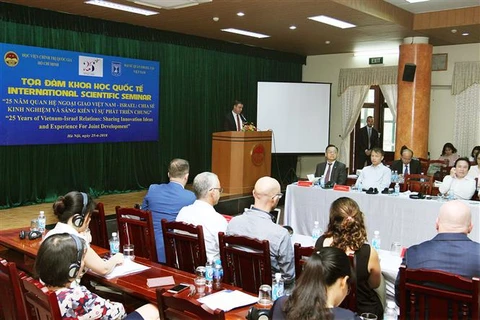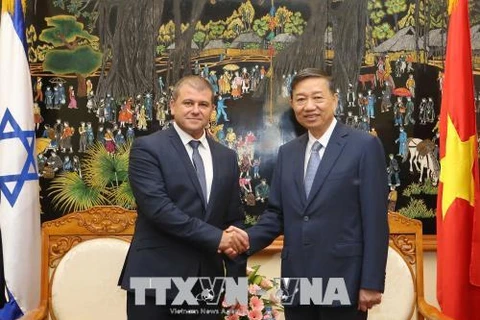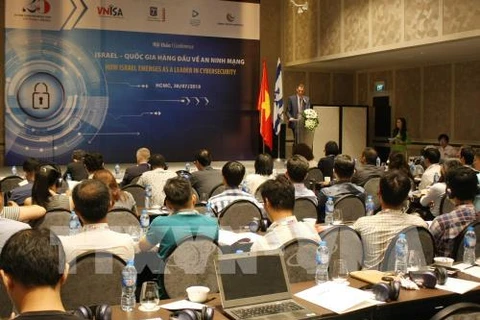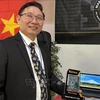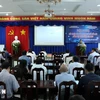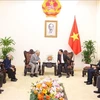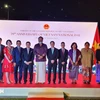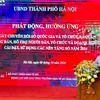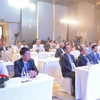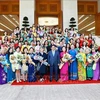Hanoi (VNA) – The Israeli Embassy in Vietnam and the Vietnam Information Security Association (VNISA) co-organised a symposium in Hanoi on July 31 to share experience in cyber security, attracting 11 leading firms in the field from Israel.
Yaniv Tessel, Trade Counsellor and Head of Economic and Trade Mission at the Israeli Embassy, said Vietnam as well as other nations in the region and the world are facing threats of cyber security and potential risks of data leakage and loss.
These threats are at the international level, causing great concern to organisations, State management agencies, enterprises and individuals operating in the socio-economic fields, he said.
Thereby, even large or small organisations and agencies must have their own cyber security strategies to deal with such threats and adopt high technology solutions to go ahead of hackers in the network environment, he added.
According to Tessel, Israel has built a unique cyber security ecosystem thanks to the government’s strong support to connect with enterprises.
As a result, Israel has become a leading nation in cyber security, making up some 20 percent of the total global investment in this field.
Sharing the cyber information security in Vietnam, Vu Quoc Khanh, a member of the VNISA Executive Board, said global experts listed Vietnam among the 10 nations controlled by “ghost” computers.
Cyber security attacks in the country are likely to increase while the stealing of information by fake websites has become more popular, he said.
More than 50 percent of Vietnamese organisations and agencies have failed to promptly detect cyber security attacks, Khanh stressed.
According to him, the most common types of network attacks in Vietnam are the use of malicious codes to attack State agencies and personal accounts.
At present, millions of computers in Vietnam are infected with malicious codes, he said, adding that every month, there are more than 82 million threats to internet users in Vietnam.
He pointed to shortcomings such as ineffective organisation of activities to ensure information security and poor investment.
Khanh suggested inspecting the network system to soon detect cyber security attacks and apply the state-of-the-art technologies.
Participants recommended promoting new technologies in the digital age such as cloud computing, virtualization, artificial intelligence, biometric identification and internet of things.
Israeli businesses took this occasion to connect with Vietnamese firms to boost the bilateral trade and economic partnership.-VNA
VNA


